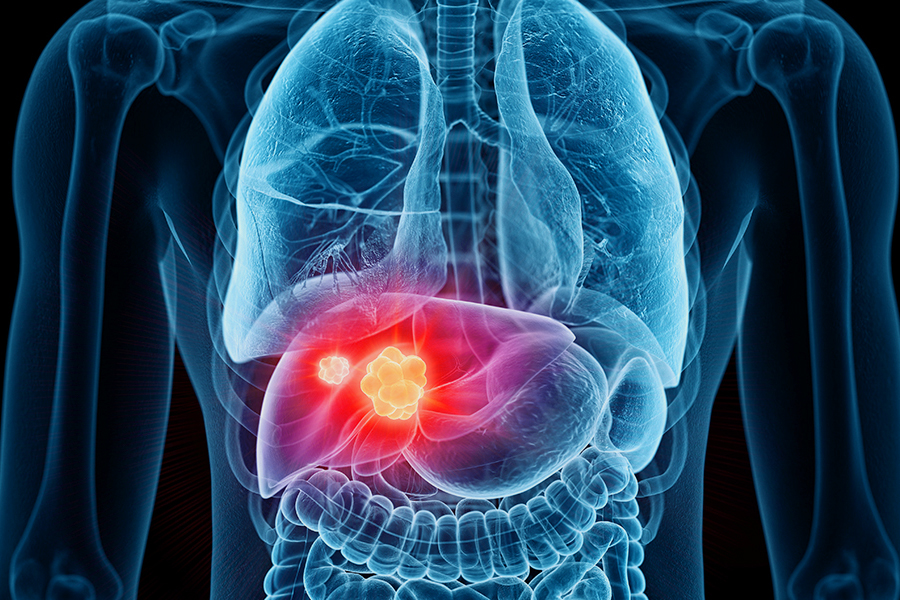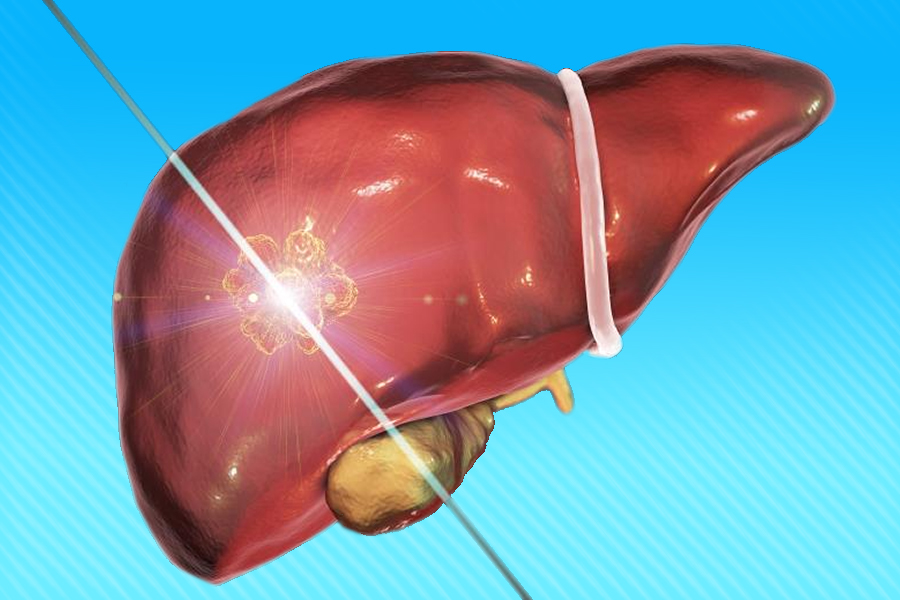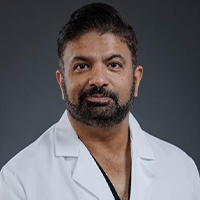Your Surgery Alternative
Surgery not an option? New liver cancer treatments are now available that are minimally invasive, less painful, safer, and offer a lower risk of side effects compared to surgical resection.
Minimally Invasive
Shorter Recovery Time
Fewer Complications
Non-Surgical Hepatocellular Carcinoma Treatments
Discover why patients are choosing these FDA-approved alternatives for treating liver cancer.
Treating HCC with Interventional Radiology
The procedures that Advantage IR doctors use to treat hepatocellular carcinoma (HCC) are part of a medical specialty called Interventional Radiology (IR). This refers to the use of radiological image guidance to precisely target and treat a range of medical conditions and diseases.
Interventional radiologists are doctors who are specially trained to do minimally invasive vascular procedures, such as angioplasty and embolization, to treat a variety of conditions. Because many IR procedures start with passing a needle through the skin to the target, it’s often called “pinhole surgery.”
When treating HCC, each patient is evaluated and the treatment approach is individualized for the patient’s circumstances. The next section discusses three treatment options for HCC.


Procedures That Directly Target Liver Cancer
Microwave Ablation: Uses imaging guidance and a special needle to generate electromagnetic microwaves that can heat and destroy the tumor.
Transarterial Chemoembolization (TACE): Uses imaging guidance and a catheter to inject particles coated with chemotherapeutic drugs into an artery directly supplying the tumor. These particles both block the blood supply and attack the tumor in several ways.
Yttrium-90 Radioembolization: Uses imaging guidance and a catheter to inject particles coated with the radioactive isotope Yttrium-90 into an artery directly supplying the tumor. These particles emit local radiation that can cause tumor cells to die.
Faster Recovery. Greater Comfort.
Recovery from IR treatment is much faster than invasive surgery because there is no incision to heal or stitches to be removed. The risk of bleeding and complications is lower than with invasive surgery.
You can usually begin normal activities again several days after the procedure. Your doctor will provide specific guidelines for your recovery.
Side effects can vary based on the procedure. Ablation and Radioembolization have a low occurrence of side effects. TACE may cause side effects because chemotherapeutic drugs can damage healthy cells as it kills cancer cells.


Why Choose Washington Vascular Specialists?
Washington Vascular Specialists is at the forefront of the latest Interventional Radiology procedures that provide an effective alternative to surgery with minimal recovery time. From our doctors to our clinical staff, you will receive the quality care you deserve in a safe and comfortable environment.
Washington Vascular Specialists uses state of the art equipment to provide the best in patient outcomes and care. All of our interventional radiologists are board-certified and have extensive experience and success using these minimally invasive techniques to treat patients with a variety of disorders.
Get your questions answered and discover if Interventional Radiology is right for you.

Salman Mufti, MD
Vascular Surgeon
Dr. Salman Mufti is a graduate from Rutgers University Medical School in NJ graduating with the highest honors and a former Edward J. Bloustein Distinguished Scholar. Dr Mufti is performing new cutting edge treatments that involve minimally invasive procedures.
